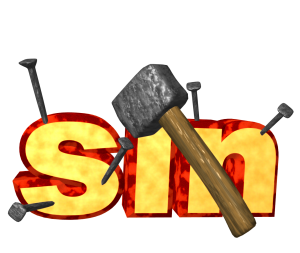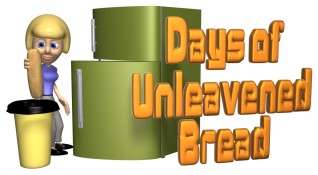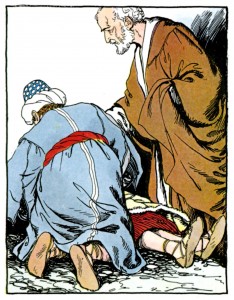1 John 3:4, Sin is the transgression of the Torah. For a list and discussion the use of the word sin in the Testimony of Yeshua along with all of its synonyms, see The Companion Bible (appendix 128).
Why must we overcome sin?The Scriptures teach us to be overcomers (Rom 12:21; 1 John 2:13–14; 5:4). We must overcome the world, the flesh and the devil (Jas 3:15). Yeshua admonished each of the seven Messianic assemblies to be overcomers (Rev 2:7, 11, 17, 26; 3:5, 12, 21; see also Matt 24:13). For those who overcome, there will be great rewards—a spiritual inheritance; they will be sons of Elohim (Rev 21:7).
The Greek word for overcome is nikao (Strong’s G3528) meaning “to conquer, to get the victory, prevail.” Nikao is where the word nike comes from.
What is Sin?
- Sin is the anything that violates the Torah-instructions or laws of Elohim (1 John 3:4).
- Sin is unrighteousness (1 John 5:17; YHVH’s Torah commands define what righteousness is, Ps 119:172).
- Sin is not believing in Yeshua, who is the Torah-Word of Elohim incarnate (John 3:18; 16:9).
- Sin is failing to do (or not to do) that we which we should be do (or not do)—i.e., a sin of omission (Jas 4:17).
- Sin is putting me-first (my desires, impulses), not YHVH first (his will) in our lives. It is humanism. It is following the lie of the devil: man can have it his way regardless of what YHVH’s Word says, and not suffer any consequences for it. This is the big lie from the serpent in the Garden.
- Sin is a direct challenge to YHVH’s authority in our lives. It is arrogance and self exaltation against YHVH’s will. It involves lack of belief in his Word. It is putting his will above his Word.
How to do we overcome sin?
- Know the biblical definition of sin.




